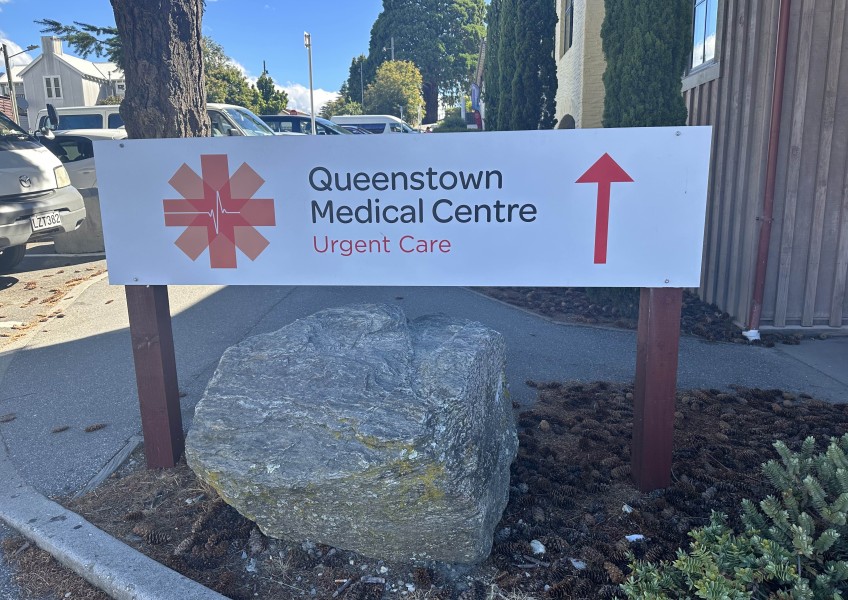
'Every time we see a patient, we're losing money': Queenstown GP
Government funding for general practice isn’t stretching far enough to cover inflation, Queenstown Medical Centre general manager Ashley Light says.
“Basically every time we see a patient, we're losing money...The funding that goes towards the person seeing the GP isn't enough to cover the costs of looking after that patient."
The lack of funding for general practice has been reported as a national crisis for several years, with Business Desk revealing general practice only receives around five percent of total health funding. Now, local general practitioners are joining in on the debate.
Over the Crown Range in Wānaka, the two sole GP clinics, Wānaka Medical and Aspiring Medical, cut their hours in September 2022.
Michael James, the general manager at Wānaka Medical, tells Crux this decision was made because "there wasn't enough money to compensate for it".
While they used to have a doctor on call all night, now there's only one doctor available after hours between 6pm and 11pm.
In his experience most health calls made after 11pm require an ambulance and higher-level care, rather than general practice, anyway.
Plenty of patients across the district are struggling to see a GP promptly, and enrolling at a practice of choice is also not a guarantee.
Mr Light says at Queenstown Medical Centre there are close to 22 GPs on the books, and wait times are down to a couple of days.
But he acknowledges things are more sluggish elsewhere.
“I’m aware that at our practices in the central lakes there can be up to two week waits for an appointment."
He says he hasn't struggled to attract GPs to Queenstown, although he knows it is an issue in other places.
Mr James says his clinic is now fully staffed after being stretched for cover during the Covid-19 pandemic.
New health minister Shane Reti has committed to making changes in the sector, including indicating a shift back to regional decision making.
Mr Light says he is "cautiously optimistic" following announcements made by Minister Reti, a former GP himself.
"There's an opportunity for the government to have an impact on primary care. And hopefully they will," Mr Light says.
"There's been a lot of talk over the last two to three years about reviewing funding for primary care."
Right now, GPs are funded based on the number of people enrolled at a practice, not how many times they are seen.
RNZ reported last year this number can vary from $470 a year for a preschooler to $509 for a pensioner with high health needs; additionally, there's extra money for other services a GP can provide, such as vaccinations, and also from any fees charged to patients.
Mr Light says in Queenstown the practice's debtors account is also "increasing", with more patients unable to pay for their doctor's appointments.
They do their best to keep costs down, and are even capped by how much they can increase fees for everyone, he says.
Even so, he thinks the cost is still prohibitive for some and means more and more people are turning up for free care at the hospital, instead of going to their local doctor.
“The Lakes District Hospital is not big enough to deal with everyone turning up.
"All of the evidence points to the fact that a stronger primary care sector leads to a less strained hospital sector."
An in-depth report released in August 2023 on the future of GP's titled 'Lifeline for Health: Meeting New Zealand's Need for General Practitioners', says the current funding model is "flawed" and should be more focussed on what the specific community needs.
The report, authored by a former National Health Board member and Auckland medical professor, recommends more incentives to increase hours, more recruitment of doctors from offshore, and an increase in the caps on medical students at the Auckland and Otago universities to 600 intakes per year each.






























